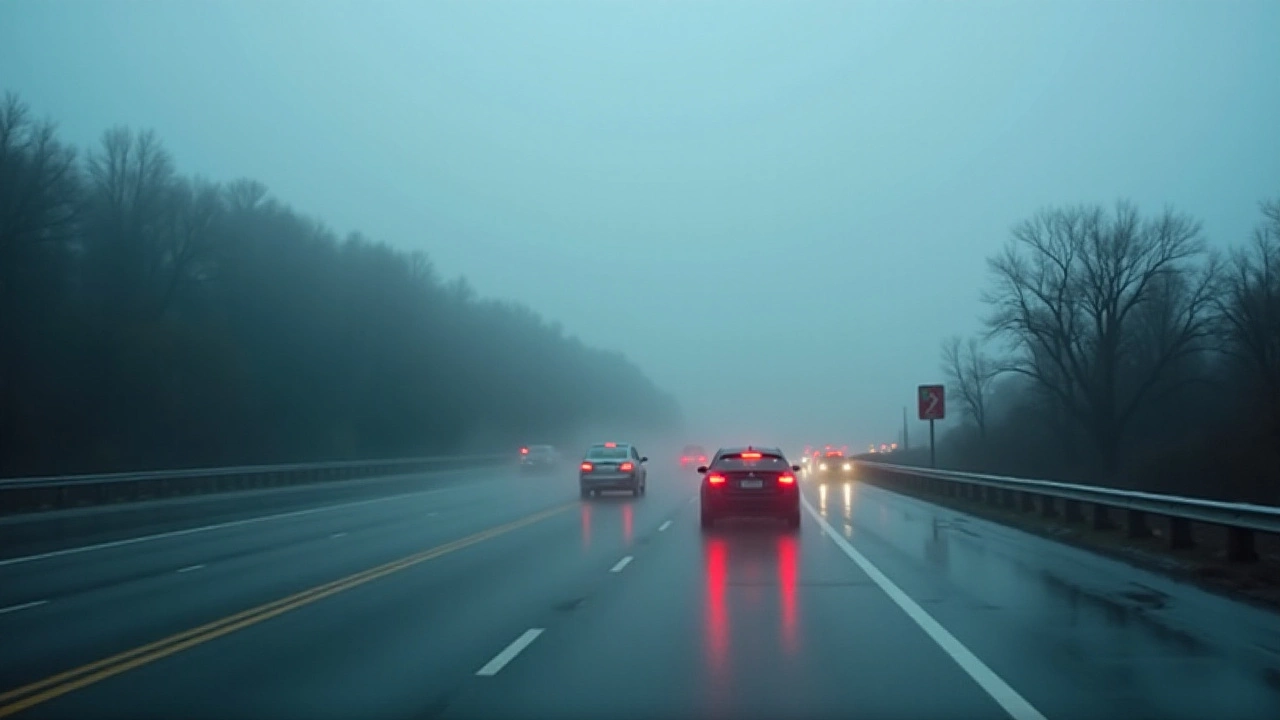Motorcycle Safety Advice You Can Use Right Now
Riding a bike is amazing, but it can get risky fast if you’re not careful. Whether you’re cruising downtown or hitting the track, a few smart habits make the biggest difference. Below are real‑world tips that work for beginners and seasoned riders alike.
Gear Up the Right Way
First thing: wear proper gear. A full‑face helmet, sturdy jacket, gloves, pants, and boots are non‑negotiable. Look for gear with CE‑approved armor and good ankle protection. If the weather is hot, choose vented jackets that still have armor – they keep you cool without sacrificing safety.
Don’t forget your eyes. Clear or tinted visor lenses protect against bugs, wind, and sun glare. A good pair of riding glasses works too, as long as they stay snug.
Riding Techniques That Save Lives
Keep your speed in check, especially around corners. Brake before you turn, then roll off the throttle once you’re set. This “slow‑in, fast‑out” style keeps the bike stable and reduces the chance of a low‑side crash.
Maintain a safe following distance. A good rule is two‑second gaps on dry roads, three seconds when it’s wet. It gives you room to react if the bike ahead stops suddenly.Stay visible. Use your headlights, wear bright colors, and position yourself where other drivers can see you. If you’re on the track, follow the flag system and respect the marshal’s signals – they’re there to keep everyone safe.
Practice emergency stops. Find a safe spot, accelerate to about 30 mph, then pull the front brake hard while gently squeezing the rear. This builds confidence for real‑world situations.
Pre‑Ride Checks and Post‑Ride Care
Before every ride, do a quick inspection: check tire pressure, look for cracks on the tires, test the brakes, and make sure lights work. A loose chain or low oil can turn a fun ride into a breakdown.
After you finish, clean the bike and inspect it again. Look for any new scratches or loose bolts. Fix small issues right away – a tiny screw loose today can become a big problem later.
What to Do If an Accident Happens
If you’re in a crash, stay calm. Move out of traffic if you can, and call emergency services. Exchange contact info with anyone involved, and take photos of the scene and your bike. Having clear records helps with insurance and any legal steps.
Even a minor fall can cause hidden injuries. Get checked by a medical professional if you feel any pain, numbness, or dizziness. It’s better to be safe than to ignore a subtle sign.Finally, keep learning. Join a local riding club, attend safety workshops, or watch demo videos. The more you know, the safer you’ll be.
Motorcycle safety isn’t about being scared; it’s about being smart. Use the gear, techniques, and checks above every time you ride, and you’ll enjoy the road or the track with far less worry.
